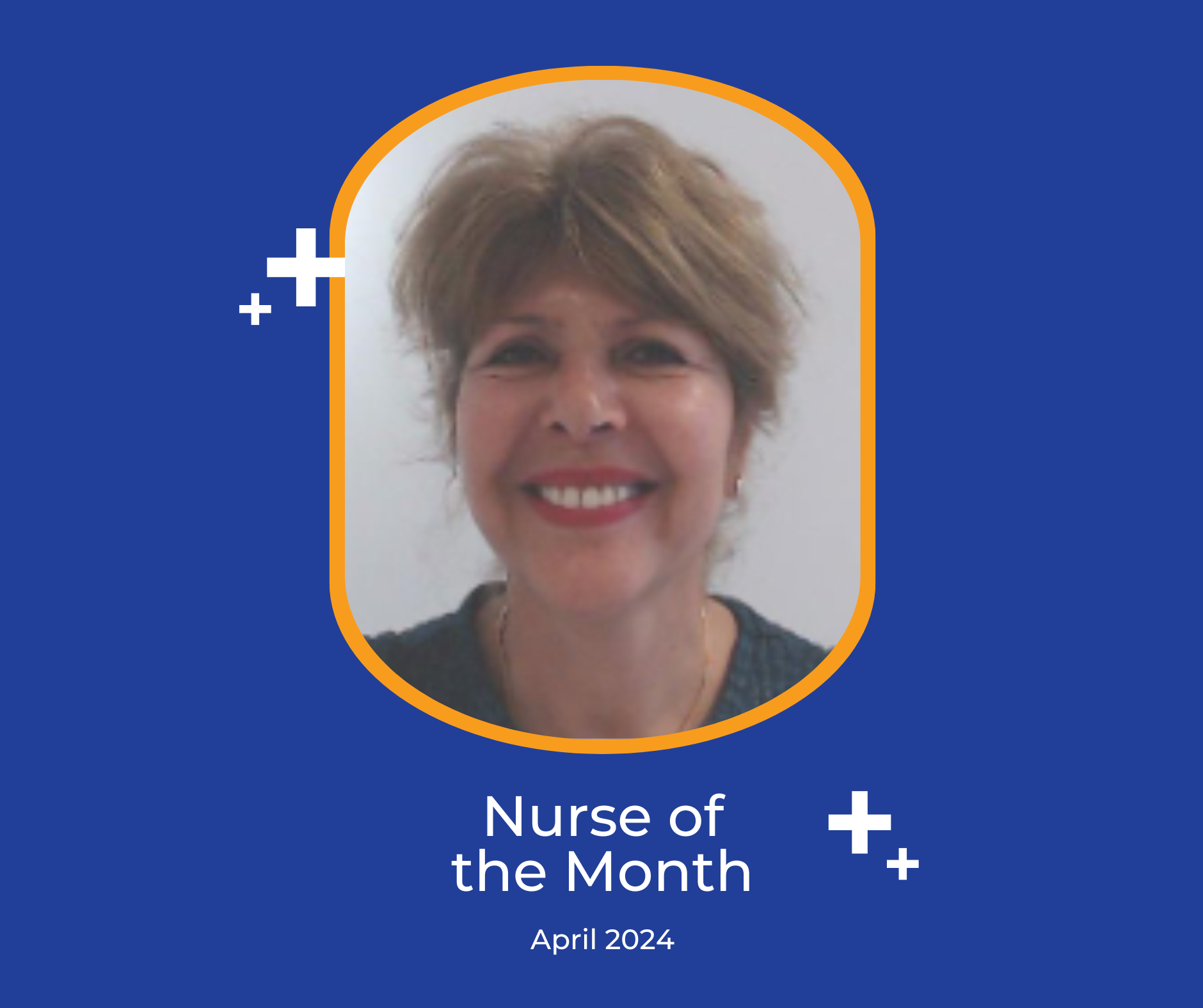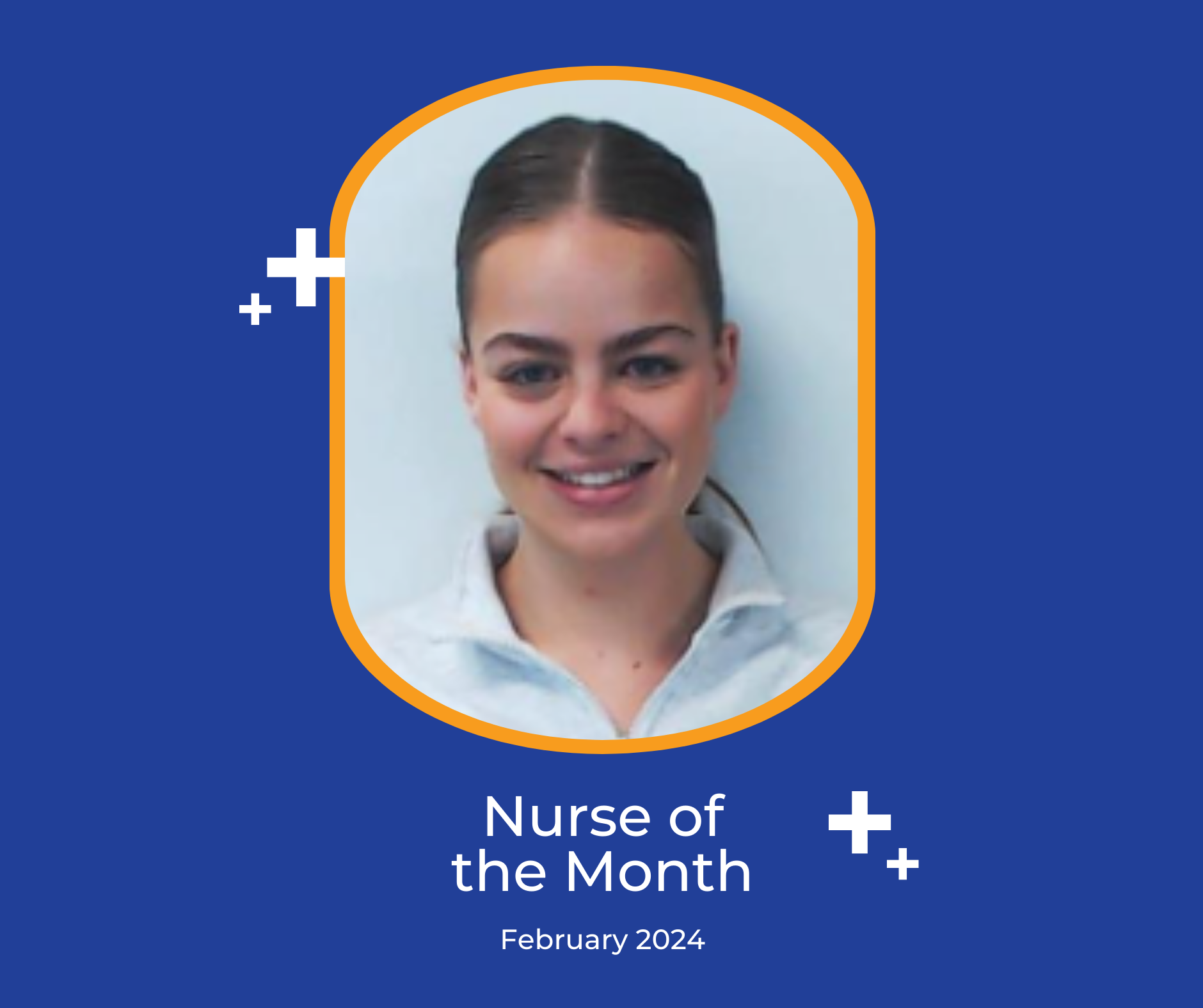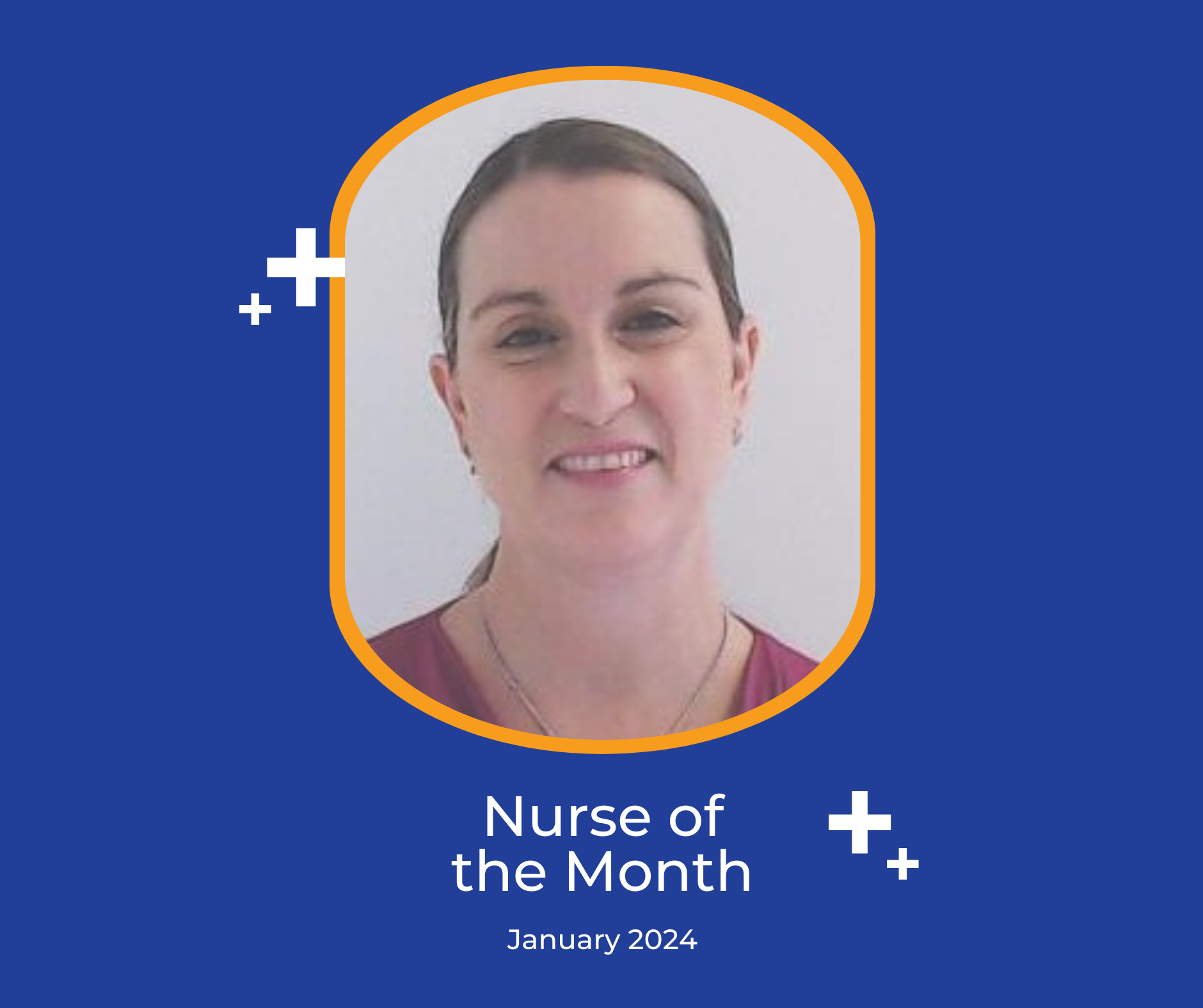The importance of self-care as a Nurse and why it's important for your future
5 Self-Care Strategies for Nurses
A frontline healthcare worker is not only the most trusted profession in the workforce but also the most stressed profession. Long shifts and staffing shortages already are taking a toll on their health and well-being. Toss in a global pandemic, and healthcare workers were pushed to their limits this past year.
In light of International Nurses Day, it is important for nurses to focus on their own care so that they may continue to provide top-notch healthcare to all Australians. As the adage goes, you cannot pour from an empty cup.
Benefits of self-care for agency nurses
All nurses have tough jobs. They are under tremendous pressure to go non-stop, sometimes for 12-hour shifts with more than a few patients depending on them for care.
Agency nurses have the added pressure of changing between locations and situations, which can dial up anxiety levels. Nurse burnout is a growing problem that is eased when nurses are encouraged to practice self-care. Activities that focus on your mental, physical, and spiritual needs fall under self-care.
Feelings of guilt sometimes prevent agency nurses and other nursing professionals from taking time out for themselves. Nurses must put that notion right out of their heads. Self-care is not the same as selfishness. It is necessary for preserving your mental and physical health. Here are just two of the benefits of regularly engaging in self-care practices:
- It makes you more compassionate. Part of caring for others is showing empathy and compassion. Nurses are amazing at this. Even the most dedicated nurses can experience burnout, which can begin to make them resent their patients. Taking time out to recharge your batteries also replenishes your compassion levels.
- It ensures patient safety. Nurses who are barely keeping it together are more likely to make mistakes. Errors can compromise patient safety.
Stress relief for agency nurses
Do not wait until you are run down by the stress of your job before seeking self-care.
When a nurse is mentally and physically fatigued, they are not always able to deliver proper attention, resulting in poor decision making negatively impacting the patients in their care.
Here are some helpful strategies for unburdening yourself to help keep stress and anxiety levels in check.
1. Talk about it
Sharing your fears and concerns with others who understand can be an effective way to manage stress and anxiety. Who better to know exactly how you feel than other nurses?
Nurse & Midwife Support (NM Support) is a dedicated 24/07 national support service designed for nurses and midwives allowing them to find health services and information. It is the first national telephone and online service to offer health support to nurses and midwives in Australia. It is free, confidential, and available 24/7!
2. Practice mindfulness
Mindfulness is a type of meditation that directs you to focus on awareness of your feelings without judgment. It helps you focus on the present moment, which can assist you to effectively cope with stress and enable you to when becoming overwhelmed. Research backs up the notion that mindfulness is an effective means of releasing stress and anxiety. Not sure where to begin with mindfulness? There are many mindfulness apps that can help guide you.
3. Exercise
The daily recommendation is for everyone to aim to get 30 minutes a day, five times a week. Regular fitness will have you feeling good, improves mood, concentration and sleep quality. It will also aid in reducing the risk of depression, stress and anxiety.
Increasing your fitness will improve your health, it’s as easy as going for a walk, riding a bike, doing a yoga or pilates class. Find that activity that you enjoy and will keep you motivated.
Supporting nurses Australia-wide
Carestaff Nursing Services is committed to supporting our agency nurses. We provide flexible nursing opportunities that focus on self-care whilst helping nurses pursue their career aspirations. Get in touch to find out how we can help transform your nursing experience.











